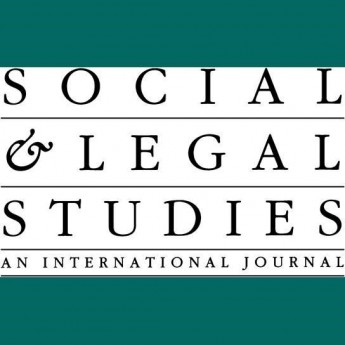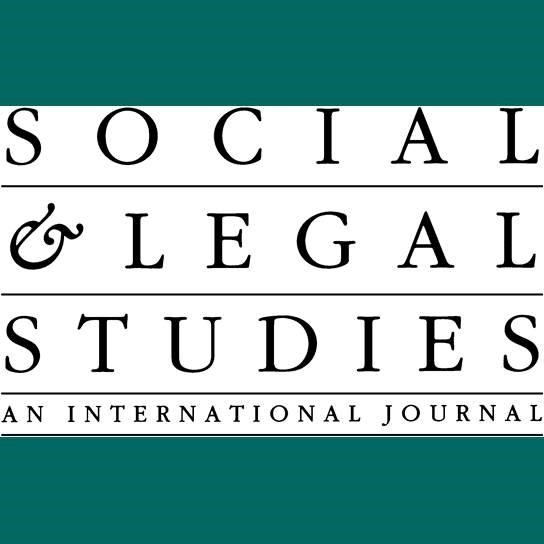Dr Man Yee Karen Lee
Senior Lecturer in Law
Asia Pacific College of Business and Law
Charles Darwin University, Australia
Hong Kong politics has been in the news since 2019, when a so-called “Extradition Bill” – which would allow criminal suspects to be sent to Mainland China for trial – set off a wave of mass protests, dubbed the “Anti-extradition Bill Movement”, which lasted into early 2020. The initial peaceful protests later descended into often violent running street battles between the police and young protesters, which led to accusations of police brutality and saw public trust in the force – once deemed Asia’s finest – plunging. On the other hand, the Hong Kong government’s surprise turn to invoke a colonial-era emergency law to ban face masks – a symbol of resistance at the time – has further alienated frontline activists, most of them young people. Anti-government protests have become a collective memory since the emergence of Covid-19, and the imposition of the National Security Law on the territory by China on 1 July 2020. However, underneath the façade of stability is a society that remains restive and grows ever more distrustful of the authorities, which in recent times include, of all things, the courts.
Continue reading

